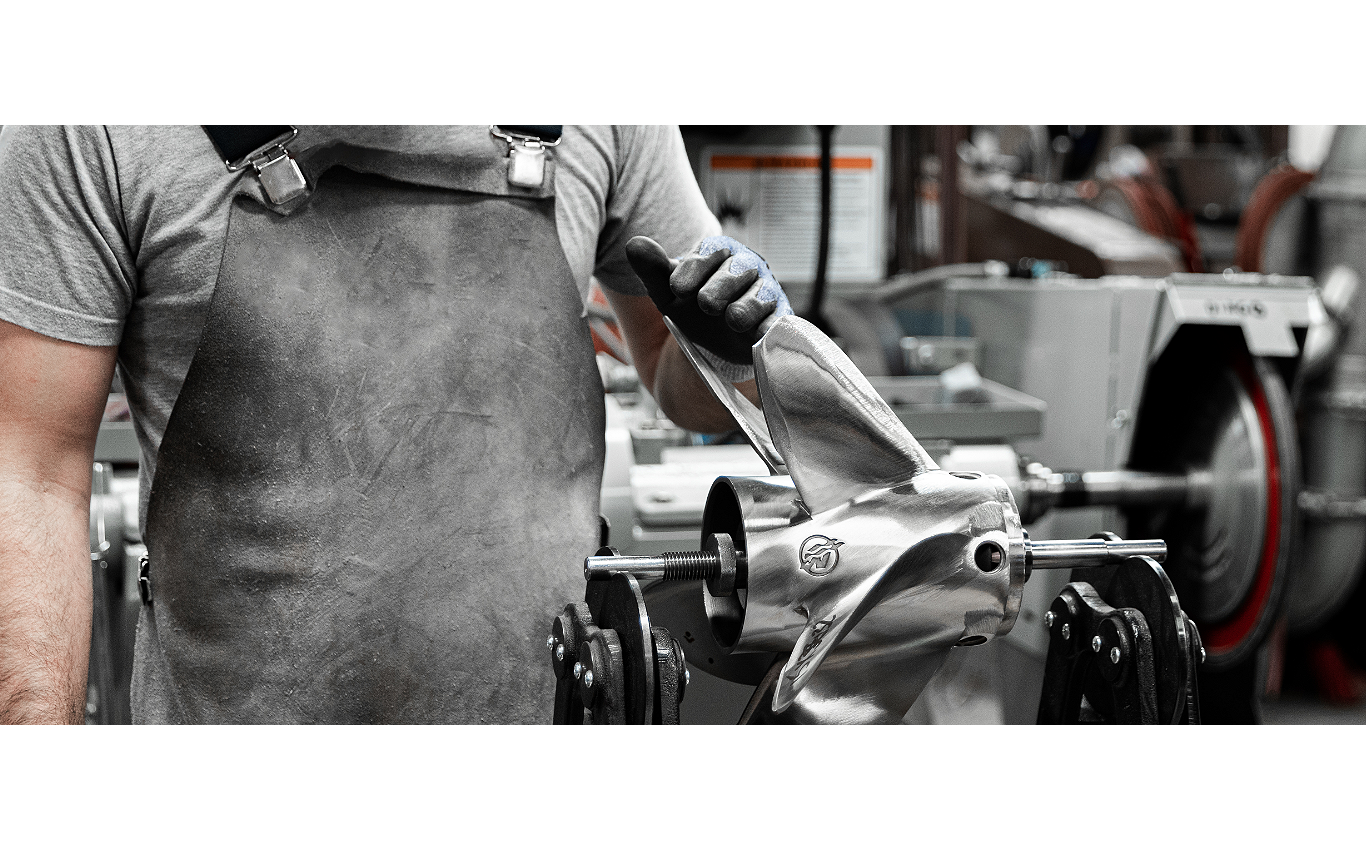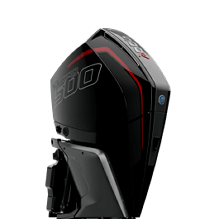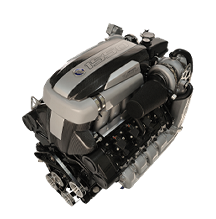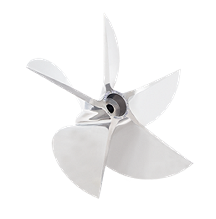
Prop Slip Calculator
WHAT IS PROP SLIP?
Slip is the most misunderstood of all propeller terms, probably because it sounds like something undesirable. Slip is not a measure of propeller efficiency. Rather, slip is the difference between actual and theoretical travel resulting from a necessary propeller blade angle of attack. If the blade had no angle of attack, there would be no slip; but, of course, there would be no positive and negative pressure created on the blades and, therefore, there would be no thrust.
Calculator
Download appInstructions
1. Enter your GPS verified top speed
2. Enter your drive's gear ratio
3. Enter your maximum achieved RPM
4. Enter the pitch of your current propeller
The Propeller Slip Calculator can be used to calculate two important numbers - Propeller Slip Range and Desired Propeller Pitch.
READING YOUR RESULTS
Most setups are in the 5-20% slip range, and of course, every boat is different. If the percentage is negative, you have input incorrect data, usually, this means the gear ratio is incorrect or the tachometer is not dialed in. If the percentage shown is greater than 20, there is typically room for improvement by switching to a different propeller, adjusting drive height, etc.
DETERMINING DESIRED PROPELLER PITCH
When adding power or changing the gear ratio in a given setup, you can calculate how it will affect the pitch of the propeller needed to stay within the desired RPM range. Simply input the new RPM range or gear ratio, the desired top speed, and what the boat has previously run for a slip percentage, and you will be able to calculate what propeller pitch is needed.

Talk to our experts
Discover product-related educational content, access to product experts, a searchable history of user-generated questions and answers, and a comprehensive FAQ on our community forum.
Explore

